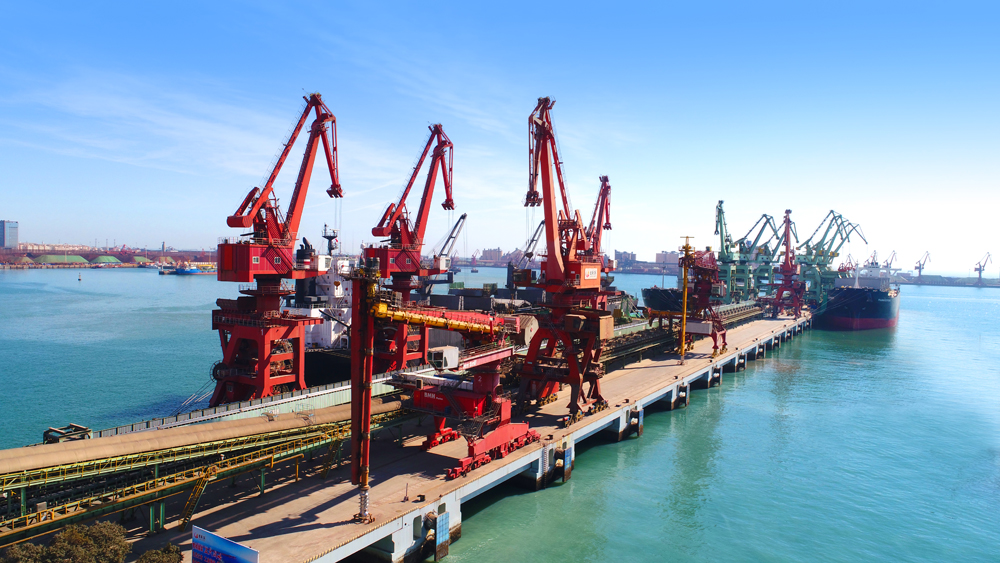China metals output seen falling over 10% in Feb, rebound from virus impact after Q2

China’s nonferrous metal output will fall at least 10% year-on-year in February as the world’s top metals consumer battles a coronavirus but operations are expected to normalize after the second quarter, the country’s metal association said.
“If the epidemic situation can be effectively controlled in the next 20 days or so, and the manufacturing, real estate, and infrastructure investment are fully restored, market demand … is expected to improve,” an official from the China Nonferrous Metals Industry Association told its online news portal.
China does not report monthly output figures for February due to the distortion of the Lunar New Year but the country produced 9.03 million tonnes of nonferrous metals in January and February 2019 combined.
The coronavirus, which has killed more than 900 people, has interrupted the recovery of the sector from late 2019, the unnamed official said in a Q&A, adding there have been “favorable policies” to mitigate the impact.
Copper smelter Daye Nonferrous, close to the Wuhan epicenter of the outbreak, had two of its staff contracting the virus and almost 1,000 in self-isolation at home
Copper smelter Daye Nonferrous, located in central China’s Hubei province close to the Wuhan epicenter of the outbreak, has been hit particularly hard, with two of its staff contracting the virus and almost 1,000 in self-isolation at home and unable to perform normal work duties, the official said.
A Daye executive said the two were being treated in hospital. He put the company’s total staff at over 8,000.
Copper producers such as Daye, as well as lead and zinc smelters, face output cuts due to high inventories of byproduct sulphuric acid, which is now being sold below cost price, the association official said.
Other challenges include logistical constraints as China looks to contain the spread of the virus and weak downstream orders as processing firms postponed their return to work after the Lunar New Year holiday.
Transport curbs have disrupted production of aluminum raw material alumina in several regions, including Shandong, Shanxi, Henan, Guangxi, Guizhou and Yunnan, the official said. As of Feb. 4, 1.5 million tonnes of annual alumina production capacity, or about 2% of the country’s total, had been cut.
China’s nickel output fell by a third in January, the association’s research arm said on Thursday, but the association also warned of an impact on operations overseas, with Indonesia – home to several Chinese-invested nickel projects – temporarily barring visitors from China.
This move will stop Chinese firms flying staff into the country and could affect construction schedules, the official said.
(By Tom Daly; Editing by David Evans)
More News
Contract worker dies at Rio Tinto mine in Guinea
Last August, a contract worker died in an incident at the same mine.
February 15, 2026 | 09:20 am
{{ commodity.name }}
{{ post.title }}
{{ post.date }}




Comments